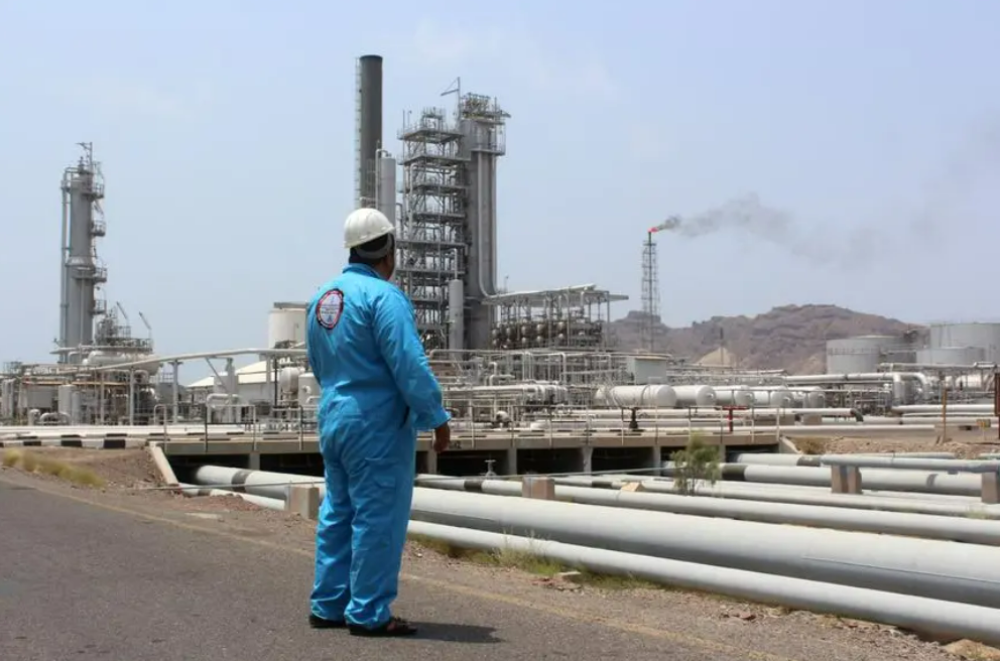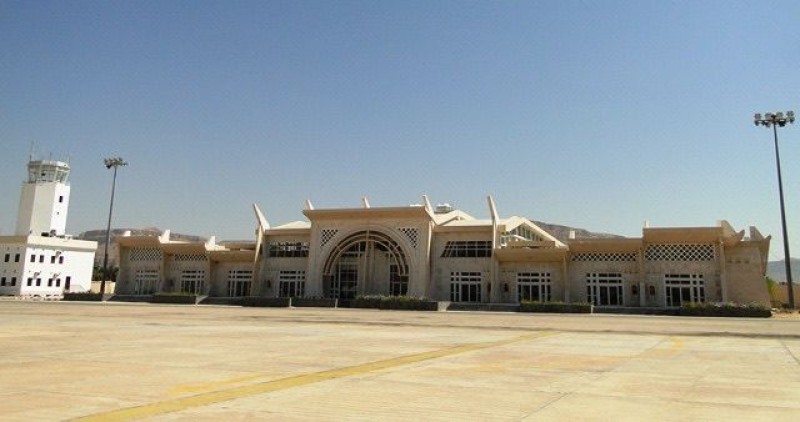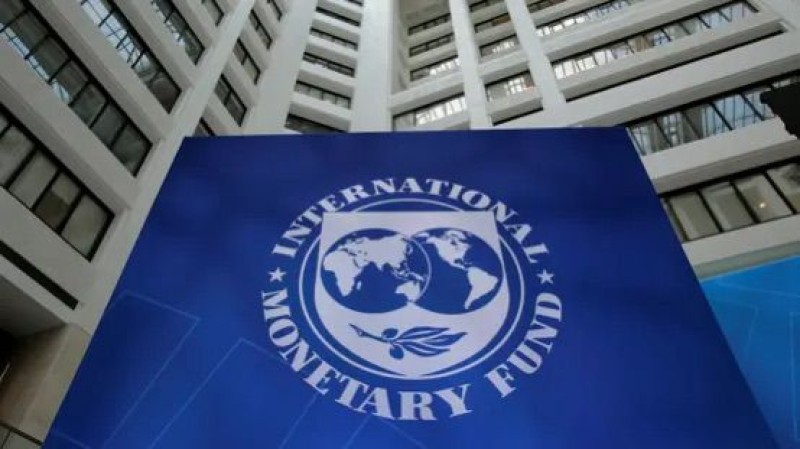Yemen : Halt in oil exports continues to weigh on country's economy - IMF


The suspension of oil exports in Yemen continues to weigh on the country’s economy, the International Monetary Fund (IMF) said on Thursday.
Economic growth is estimated to have dipped by 2% in 2023 while inflation remained high, despite declining global food prices, the lender reported, following a recent staff dialog with Yemen's authorities.
“The halt in oil exports since the attack on oil facilities in October 2022 continues to weigh on Yemen’s economy,” the report stated.
“The loss of oil exports, which represented more than half of the government’s revenues (4% of GDP), is estimated to have widened the fiscal deficit to 4.5% of GDP in 2023, adding to pressure on reserves and the exchange rate.”
The situation in Yemen is expected to be exacerbated this year by tensions in the region. An escalation of the Red Sea conflict alone could have an adverse impact on the economic activity through trade and financial channels, as well as lower external support including humanitarian assistance.
“The humanitarian situation remains difficult with 17 million people facing food insecurity. Disbursements of the GCC support package and stable remittances have been mitigating factors,” the IMF said.
The lender has urged further acceleration of fiscal reforms, including improving revenue administration amid high uncertainty.
An IFM team recently met with the Yemeni authorities to take up economic developments in the country, as well as economic outlook and progress on key policy reforms.

Abu Dhabi -- The Emirates Red Crescent (ERC) has inaugurated a mobile clinic in Yemen’s west coast region as part of its ongoing humanitarian…

SEIYUN — A Yemeni maritime source reported Thursday that flights at Seiyun International Airport in eastern Yemen have been suspended, withou…

WASHINGTON — The United States stated that the International Monetary Fund (IMF) will move to suspend its activities in Yemen once again, cit…